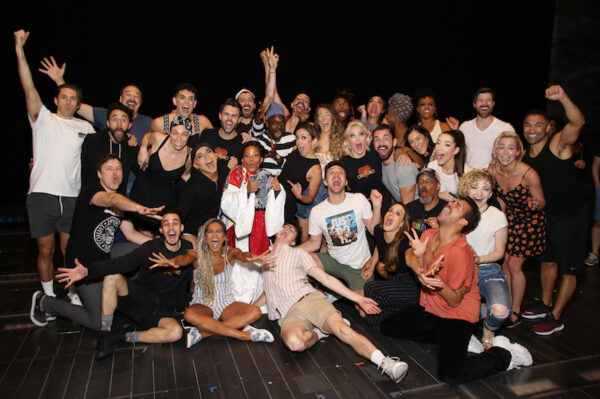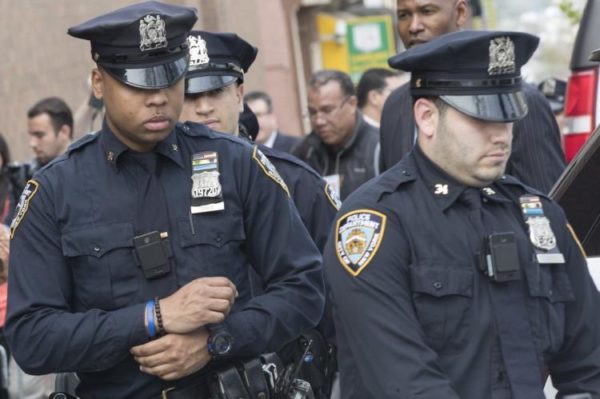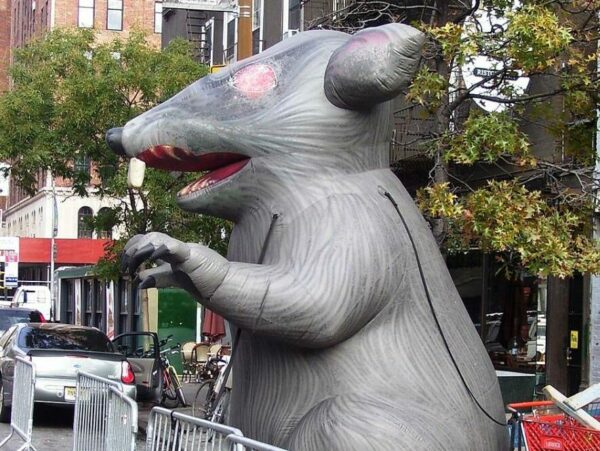
New York, NY – COVID forced the shutdown of Broadway theaters on March 12, 2020. They’ve been shuttered ever since. Now, however, the Broadway League, an association of theatre owners, producers, and general managers say the shows will return in September.
A formal announcement is expected on May 11. Last week, Mayor De Blasio said that New York City will fully reopen on July 1, which could lead to smaller theaters reopening at that time as well.
Those who work on Broadway are eager for the reopening, too — but insist that it must be done safety.
“Since March 12, 2020, when nobody knew how long this would go on, it’s been a wait and see,” IATSE Local 1 Business Agent Kevin McGarty told LaborPress. “Thank God, the administration changed, and there is a robust vaccine program. The [air conditioning] systems are up to snuff, the theaters are sanitized.”
Local 1 IATSE [International Alliance of Theatrical Stage Employees] Stagehands represents 3,500 members who work in 40 Broadway houses, as well as such storied venues as Carnegie Hall, Madison Square Garden, Radio City Music Hall, Lincoln Center, the Metropolitan Opera House, the Apollo Theater, and others.
McGarty comes from three generations of Broadway workers — his father and grandfather were house carpenters, and his son is a basic crew member at Carnegie Hall [currently on furlough due to COVID-19]. The business agent started working on the show “No No Nanette” in 1972, right out of high school and got his union card at Local 1. He insists varying levels of house capacity, along with specific COVID-19 safety protocols are necessary for people to return to work.
“[That] document is pretty much structured and is being fine-tuned right now,” McCarty said, but was unable to provide specific details.
Actors’ Equity represents more than 51,000 professional actors and stage managers nationwide. National director of Communications and Public for Policy Brandon Lorenz shared a document with LaborPress outlining general safety protocols.
COVID information for producers is divided into a variety of specific areas of concern including: outdoor with an audience intake; outdoor without an audience intake; indoor without an audience intake; indoor with an audience intake; a memo ensuring the safety and health of Equity members; COVID-19 safety guidance; approved FDA-authorized PCR home collection testing kits; guidelines for vaccinated workplaces; safety worksheets for “fully vaccinated” workplaces; HVAC for workplaces and employer-provided housing; and core principles needed to support safe and healthy theatre productions during COVID-19.
Guiding principles include:
- The epidemic must be under control, with effective testing, few new cases in the area and contact tracing
- Individuals who may be infectious can be readily identified and isolated, with frequent, regular and accurate testing with speedy results
- The way we audition, rehearse, perform and stage manage may need to change and the venues we work in may need to undergo changes in order to reduce the risk
- Efforts to control COVID-19 exposure must be collaborative, involving Equity members, employers, the union and all others involved in the production of theatre. There must be collective buy-in and ongoing evaluation and improvement of health and safety practices.
“The availability of the vaccine is a really good thing, a game changer that will allow for more shows to reopen and allow more shows to open more quickly,” Lorenz said. “Work done by actors and stage managers is different than that done by many other workers – they cannot wear PPE [Personal Protective Equipment] in [certain] areas of the job – on stage, for example. We need different [standards] – social distancing, regular and routine testing.”
Lorenz also points out that many actors hold other jobs such as dancers, gym trainers, and restaurant and bar [workers], which have also been impacted negatively by COVID-19.
“In many cases, the pandemic took away those jobs from them. So it’s been a double whammy,” he said.



